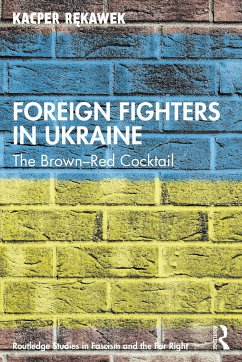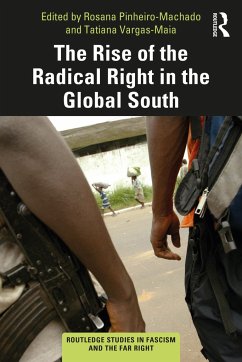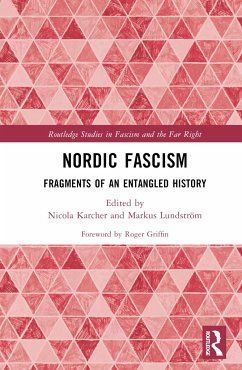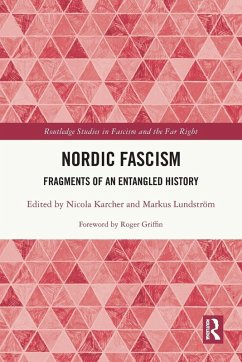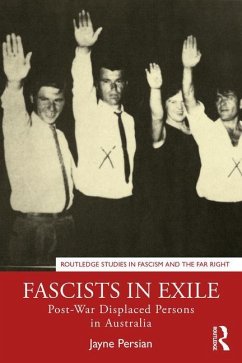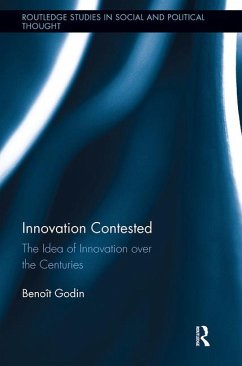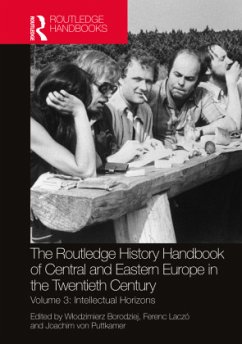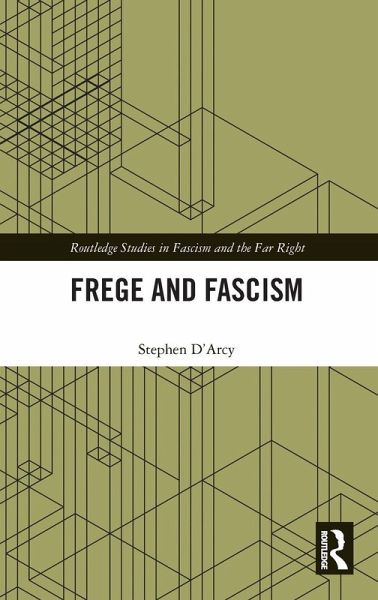
Frege and Fascism
Versandkostenfrei!
Versandfertig in 6-10 Tagen
144,99 €
inkl. MwSt.
Weitere Ausgaben:

PAYBACK Punkte
72 °P sammeln!
This book is the first to examine in minutiae the politics of Gottlob Frege (1848-1925), and his connections with various traditions of far-right and fascist thought.Frege was a philosopher of logic, language, and mathematics. But he also believed that one could reconcile the politics of the far right with a firm commitment to reason-guided inquiry and scientific objectivity. The fundamental claim of the text is that Gottlob Frege was, from the early 1890s to the mid-1920s, an anti-democratic, nationalist political thinker and that his political thought eventually took on a fascist character. ...
This book is the first to examine in minutiae the politics of Gottlob Frege (1848-1925), and his connections with various traditions of far-right and fascist thought.
Frege was a philosopher of logic, language, and mathematics. But he also believed that one could reconcile the politics of the far right with a firm commitment to reason-guided inquiry and scientific objectivity. The fundamental claim of the text is that Gottlob Frege was, from the early 1890s to the mid-1920s, an anti-democratic, nationalist political thinker and that his political thought eventually took on a fascist character. This book makes no attempt to vilify or demonize Gottlob Frege, nor does it try to rescue him from criticism. It simply seeks to tell the truth about Frege's descent into fascism: to document it in hitherto unprecedented detail; to situate it in the context of intellectual and political debates in early Weimar-era Germany; and to explain how it could have happened that someone sointelligent and so manifestly devoted to reason and logic could have embraced fascism with such unreserved enthusiasm.
Frege and Fascism will be of interest to scholars of analytic philosophy, intellectual history, fascism, and anti-democratic thought.
Frege was a philosopher of logic, language, and mathematics. But he also believed that one could reconcile the politics of the far right with a firm commitment to reason-guided inquiry and scientific objectivity. The fundamental claim of the text is that Gottlob Frege was, from the early 1890s to the mid-1920s, an anti-democratic, nationalist political thinker and that his political thought eventually took on a fascist character. This book makes no attempt to vilify or demonize Gottlob Frege, nor does it try to rescue him from criticism. It simply seeks to tell the truth about Frege's descent into fascism: to document it in hitherto unprecedented detail; to situate it in the context of intellectual and political debates in early Weimar-era Germany; and to explain how it could have happened that someone sointelligent and so manifestly devoted to reason and logic could have embraced fascism with such unreserved enthusiasm.
Frege and Fascism will be of interest to scholars of analytic philosophy, intellectual history, fascism, and anti-democratic thought.





